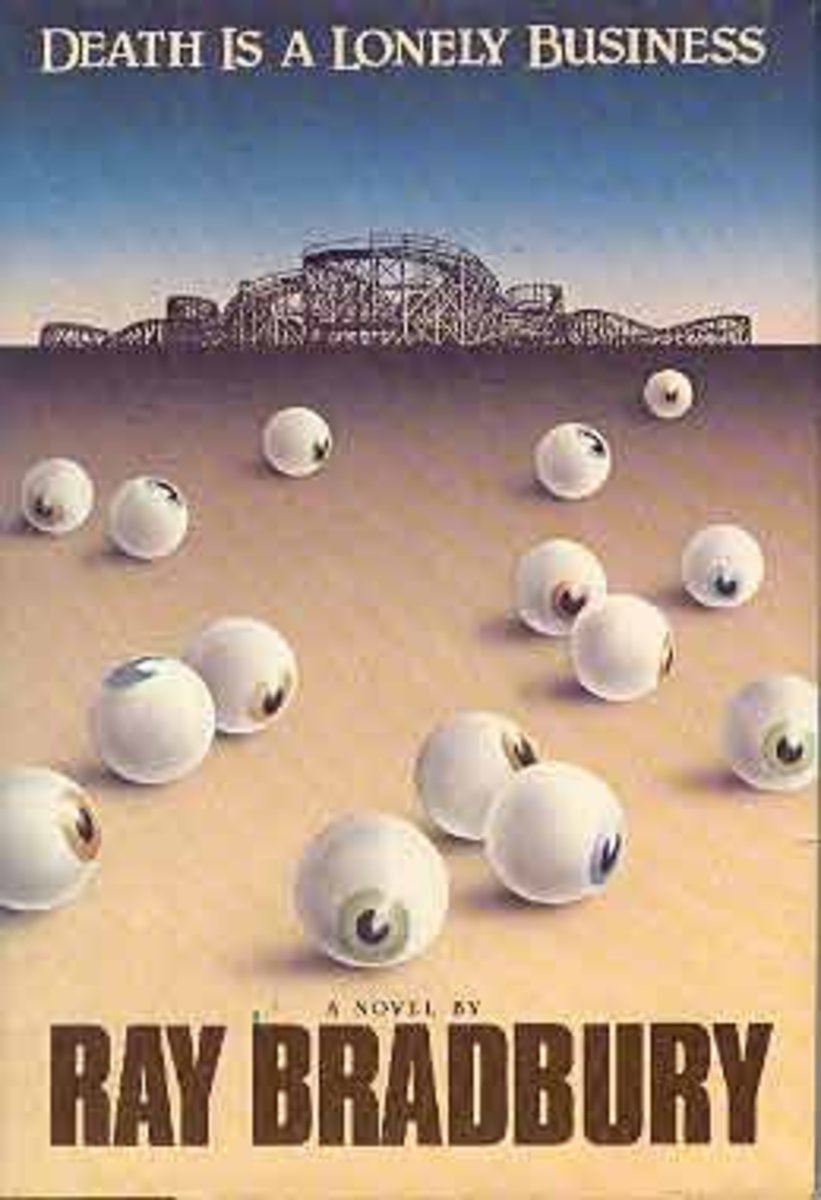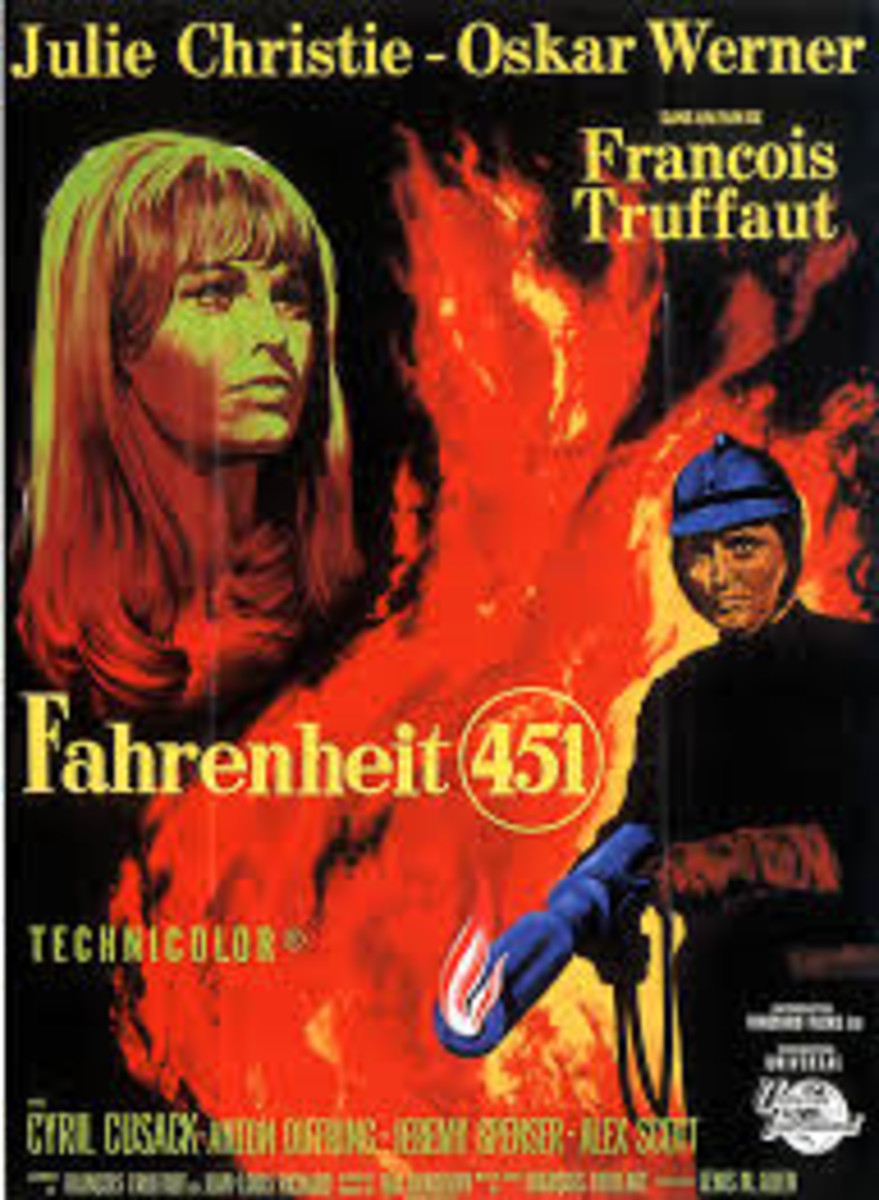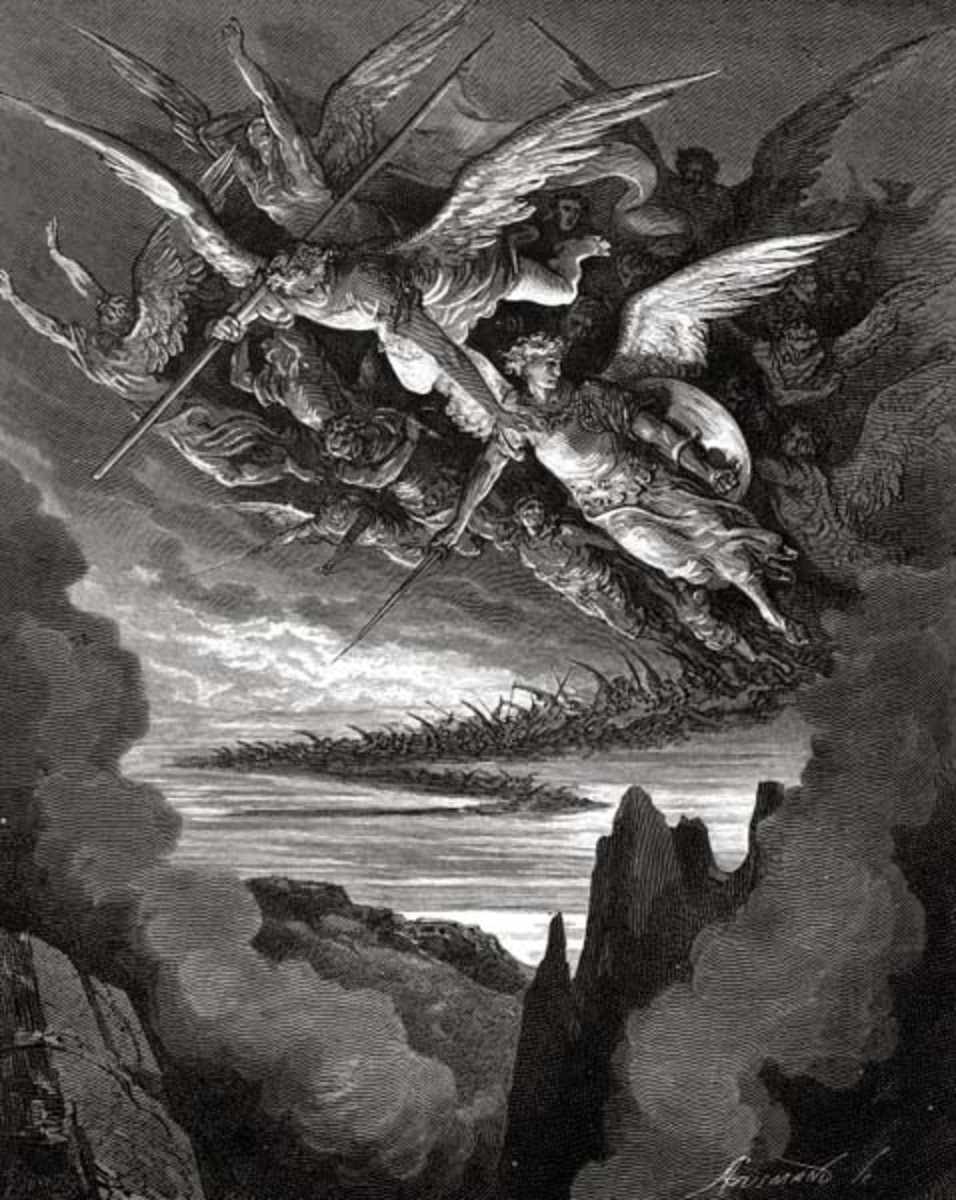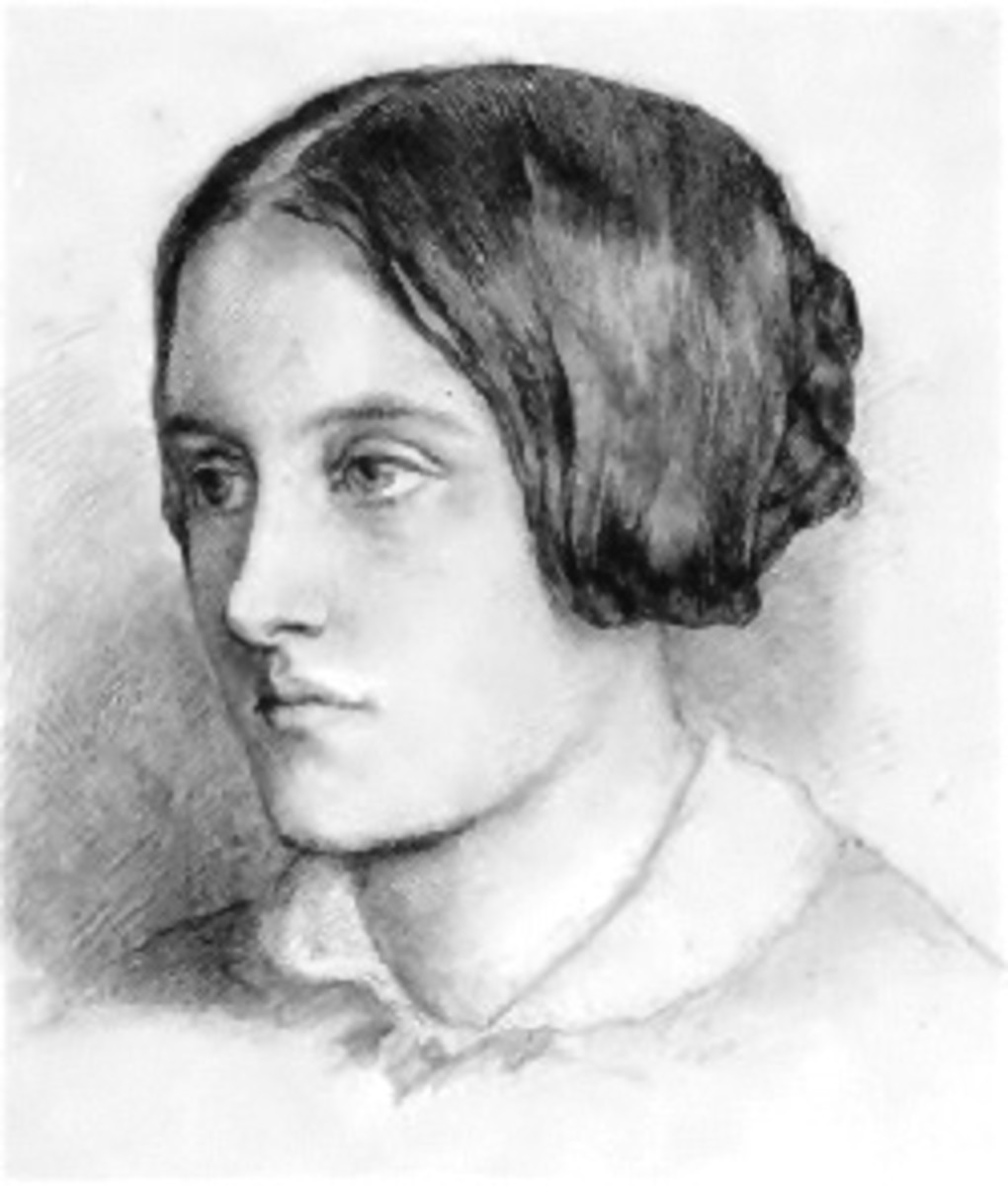- HubPages»
- Books, Literature, and Writing»
- Literature»
- Western Literature
Famous Titles Banned for Their Honest Literary Representation

Introduction
As issues of feminism, racism and others developed with more flare in the United States, the 20th century became a governmental battle over the novels that were available to the public. Apparently with the issues that continually battled tradition there was much to consider in the authors who were willing to speak out against the accepted knowledge.
With students in high school and college learning more of the basis for their own thought and belief it has become impressive that these originally banned books are once again a solid source of reference in their growth and development throughout higher education. It’s hard to believe that this thought would be taken away from any developing adult as they grow, but it appears that governments from around the world have done so throughout history.
Fanny Hill by John Cleland
Along with D.H. Lawrence’s Lady Chatterley’s Lover and Henry Miller’s Tropic of Cancer, John Cleland’s erotic and salacious novel was at the core of book censorship in America. It is easier to understand why this is the case when reading the novel’s original title, Memoirs of a Woman of Pleasure. Perhaps the first “pornographic” novel, definitely that we know of this theme in English, Fanny Hill is a peak of perversity, prostitution and promiscuity that did not see a full release in the States until 1963, after the expiration of the Federal Anti-Obscenity Act, or Comstock Law, of 1873. This was over two hundred years after it had been written, finally opening its honest and forthcoming language to readers around the world.
Fahrenheit 451 by Ray Bradbury
Interestingly enough, Ray Bradbury's Fahrenheit 451 is about book burning and censorship. With the title of the book referring to the temperature at which paper burns the topic never saved the book from its own bury under censorship and legal bans. Controversy arose from several words and phrases like"hell" and "damn" in the book which were considered inappropriate and even obscene for the time period in which it was originally published. Though not as objectionable today, the original ban or censorship likely added to the long-term popularity of Bradbury’s works.
Madame Bovary by Gustave Flaubert
Published in 1857, Gustave Flaubert's Madame Bovary was initially banned for sexual content. When it was brought to trial, British Imperial Advocate Ernest Pinard said, "No gauze for him, no veils — he gives us nature in all her nudity and crudity." Beyond the sexual nature of the book Madame Bovary is a woman full of dreams lacking hope of fulfilling them. She marries a provincial doctor, looks for love in all the wrong places, eventually ruining her own life. She eventually escapes in the only way she knows how. In additional to sexual controversy, this novel explores the life of a woman who dreams too large, likely an exploitative topic for its time. In addition to adultery and promiscuity, feminism is not something considered traditional for the 19th century.
Song of Solomon by Toni Morrison
Published in 1977, Song of Solomon is the third novel by Toni Morrison, praised by a number of other authors and publications though it was banned for its controversial nature in certain locations. Morrison is a Nobel laureate in literature, well-respected for her creative and historical presentation of stories, though sometimes perceived controversial on social and sexual grounds. References to African Americans in the book have been considered controversial in the past, though the language used was standard historical reference to language used for its time setting. At one point a Georgia parent called this book "filthy and inappropriate." At other times Song of Solomon has been described as "filth," "trash" and "repulsive."
I Know Why the Caged Bird Sings by Maya Angelou
Hard to believe that a book eventually became a lead classroom text, Maya Angelou's autobiographical novel I Know Why the Caged Bird Sings was for a long time banned on sexual grounds. The most specific reason was the inclusion of information about her own rape, when she was a young girl. A specific case of controversy occurred in Kansas, where parents attempted to ban the book because of the "vulgar language, sexual explicitness, or violent imagery that is gratuitously employed." However, today I Know Why the Caged Bird Sings is often taught as a coming-of-age story that's packed with unforgettable poetic passages. Considering the fact that Maya Angelou is known for her creativity and style it is hard to turn away from the amazing text, even though it has previously been considered so controversial.
Gulliver’s Travels by Jonathan Swift
Gulliver's Travels is a famous satirical novel by Jonathan Swift, but has often been banned for controversial topics like madness and public urination. While these aren’t as perverse or sexually explicit as other books, they were often topics that parents and local leaders wanted to keep away from the eyes of children.
Throughout the book the experiences of Lemuel Gulliver include mythical visions of giants, talking horses, cities in the sky and much more. With all of this magical content it was originally censored for politically sensitive references. Gulliver's Travels was also banned in Ireland for being "wicked and obscene." William Makepeace Thackeray said of the book that it was "horrible, shameful, blasphemous, filthy in word, filthy in thought."
The Bell Jar by Sylvia Plath
The only novel published by Sylvia Plath, The Bell Jar is famous for offering shocking insight into her own mind and art, as well as being a coming-of-age story of a young woman. Told in the first person by Esther Greenwood, struggling with mental illness, her eventual suicide attempts led to censorship and controversy. For this same reason it was repeatedly banned and challenged in several locations around the world.
The Awakening by Kate Chopin
Kate Chopin's 1899 novel, The Awakening, is the famous tale of Edna Pontellier. Edna leaves her family, commits adultery, and begins to rediscover her true self. The role of a woman as an artist, the launch of the feminist prose. Such an awakening is difficult, especially when more recognized for its sexual content than its personal realization. Definitely unacceptable at the time the book was published, it was criticized as “immoral and scandalous.” After such harsh reviews, Chopin was another amazing female writer who never wrote another novel. However, The Awakening is now a key piece of feminist literature.








